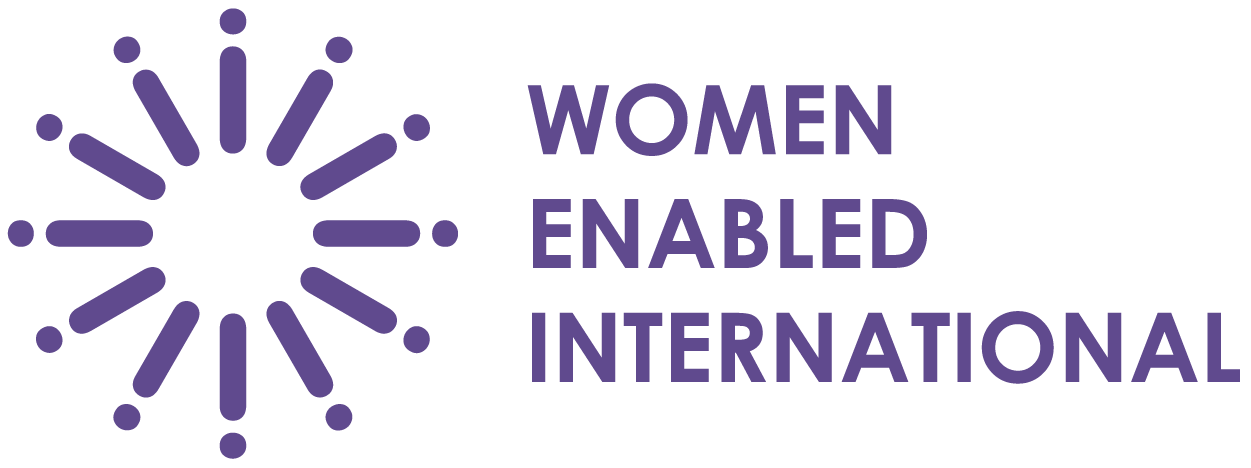Africa & Middle East
South Africa
Pacific Disability Forum
Mission
We are a constituency of 71 organisations of & for persons with disabilities and individual members representing diverse groups of persons with disabilities and their supporters in 22 Pacific Island countries and territories. Our Dream is an inclusive Pacific society where all human rights of all persons with disabilities are realized for an inclusive Pacific 2030.Related Resources
Women and Young People with Disabilities: A Needs Assessment for Sexual and Reproductive Health and Rights, Gender-Based Violence, and Access to Essential Services - Fiji Women and Young People with Disabilities: A Needs Assessment for Sexual and Reproductive Health and Rights, Gender-Based Violence, and Access to Essential Services - Samoa Women and Young People with Disabilities: A Needs Assessment for Sexual and Reproductive Health and Rights, Gender-Based Violence, and Access to Essential Services - Vanuatu Groundbreaking Research and Resources: WEI’s Work in the Pacific Know Your Rights! Gender-Based Violence during the COVID-19 Pandemic in the Pacific RegionShanta Memorial Rehabilitation Centre
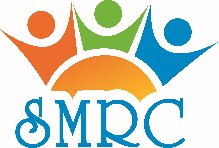
Mission
To support change, aimed at the creation of an environment where persons with disabilities can enjoy equal rights.
DIWA – Disabled Women In Africa
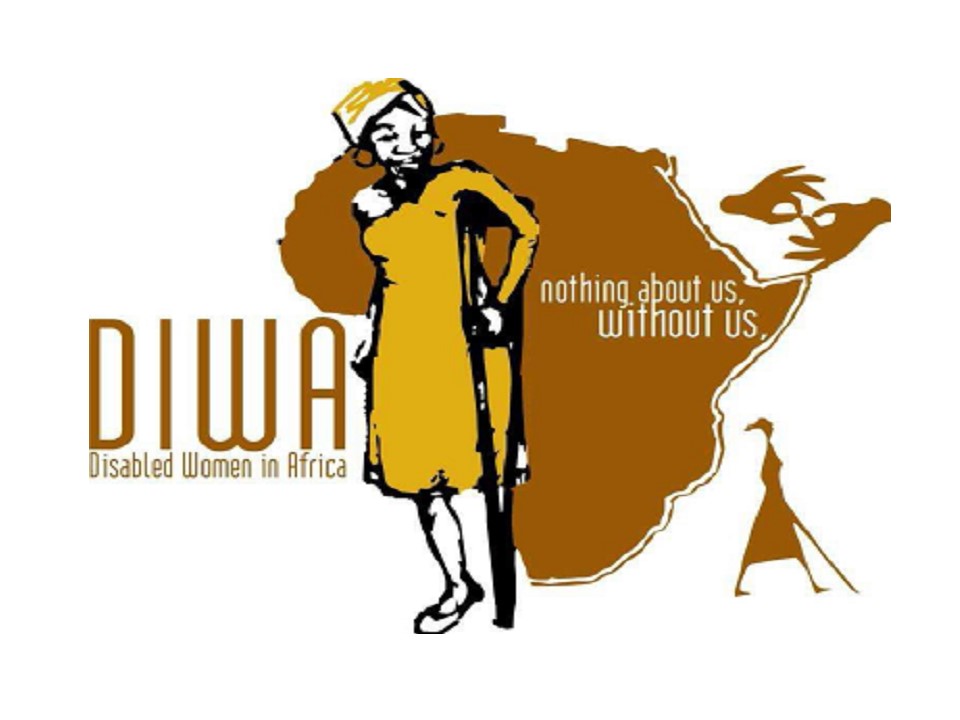
Mission
To empower African women and girls with disabilities through research, information sharing and networking, partnership and capacity development for unity in diversity.
WEI's Work With Disabled Women In Africa (DIWA)
DIWA and WEI have been working closely since representatives of the organization attended our Africa Regional Convening in 2018. Since then, we have been collaborating on a number of submissions to U.N. human rights bodies and experts, particularly on the rights of women and girls with disabilities in Malawi. These have included a Joint Submission to the Human Rights Council’s Universal Periodic Review of Malawi and a shadow letter to the Human Rights Committee and have collaborated in fundraising efforts. When the COVID-19 pandemic hit, DIWA was one of the first organizations WEI turned to partner on ensuring a gender- and disability-inclusive global response. As part of this partnership, through a project in conjunction with UNFPA and UN Women and working alongside several other sister organizations around the world, DIWA and WEI organized a Malawi country consultation and Africa regional consultation of women and gender non-conforming persons with disabilities, to learn about their lived experiences during the COVID-19 pandemic. Leveraging their expertise and experience on the ground, DIWA has also participated in events and meetings on the impact of COVID-19 and contributed to a number of materials created as a result of these consultations, including a Sexual and Reproductive Health and Rights Checklist, a Gender-Based Violence (GBV) Checklist, a Compendium of Good Practices, an Impact Assessment, and a set of GBV-focused Know Your Rights materials. DIWA has been instrumental in advancing the rights of women with disabilities in Africa, and we hope to continue mutually supporting our efforts so that women and marginalized genders with disabilities in the region and around the world can enjoy their full range of rights.Círculo Emancipador de Mujeres y Niñas Con Discapacidad de Chile – CIMUNIDIS
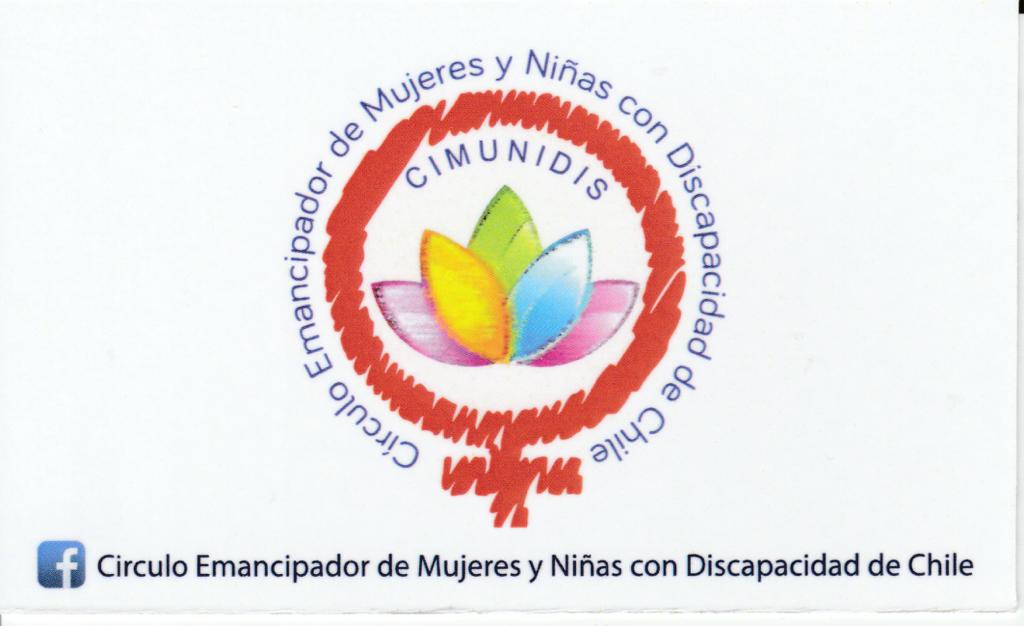
Mission
Promote and ensure the fulfillment of the human, economic, social and cultural rights of women and girls with disabilities Promover y velar por el cabal cumplimiento de los derechos humanos, económicos sociales y culturales de las mujeres y niñas con discapacidad (translation is our own)WEI's Work With CIMUNIDIS
WEI and CIMUNIDIS first had the chance to work together during WEI’s convening of advocates working at the intersection of gender and disability in Latin America, held in Costa Rica in 2017. In 2020, following the onset of the COVID-19 pandemic, WEI observed the thoughtful and effective work CIMUNIDIS undertook in Chile to respond to the pandemic at the intersection of gender and disability, and we approached CIMUNIDIS to work with us to also help inform the global response. Through a project in conjunction with UNFPA and UN Women, WEI and CIMUNIDIS partnered to organize virtual country-specific consultations with disabled women and other marginalized genders in Chile on the impact of COVID-19 at the intersection of gender and disability. Following those consultations, CIMUNIDIS and WEI have participated in several joint events and meetings on the impact of COVID-19 , have made joint submissions to UN human rights bodies addressing the pandemic, and have worked together on materials to inform States, U.N. agencies, service providers, and others on a rights-based and disability- and gender-inclusive response and recovery. See materials from our joint response to COVID-19 at the intersection of gender and disability here. CIMUNIDIS has been an invaluable partner on the COVID-19 response work, and we look forward to opportunities to work with CIMUNIDIS beyond the context of this crisis.Artykul 6
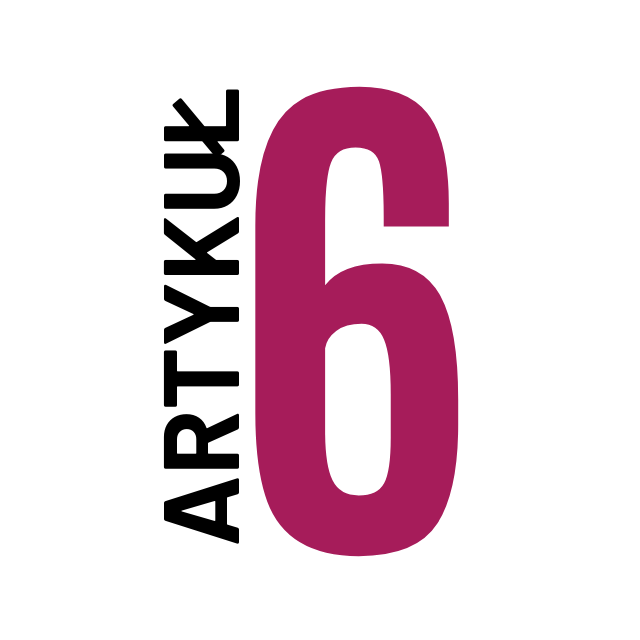
Mission
Article 6 is a Polish informal feminist disability rights collective made up of activists, academics and free-spirits. It was started by feminists with disabilities and their allies working within Polish disability rights movement via other groups, organizations and mandates. Members of the collective continue their external activist, academic and professional work while contributing to the agenda and actions of the collective. The name Article 6 is in reference to the article of UN CRPD that covers the issues of girls and women with disabilities. The collective focuses on identifying and tackling the sources and manifestations of structural discrimination, economic marginalization, cultural invisibility and violence (of all kinds) that Polish girls and women with disabilities face on everyday basis in all areas of life. The guiding principles of Article 6 activism include: 'personal is political', 'nothing about us without us', intersectionality, solidarity, human rights and… empathy. In September 2019 the collective organised the first national meet-up for women with disabilities and their allies in Poland under the honorary patronage of the Polish Ombudsman profesor Adam Bodnar and it was supported by FemFund the only women’s grantmaking fund in Poland. The convention was attended by women with disabilities from around the country including women who were institutionalised. The 2019 convention is considered an important step towards recognizing the rights of women with disabilities in the history of post-socialist Polish disability and feminist movement. Article 6 uses a variety of tools and strategies to advocate for social change, reproductive justice and human rights. Building on members' expertise the collective contributes to shaping public debates on disability, women's rights, feminism, civil society and democracy. It cooperates with Polish, European and international initiatives, organizations and expert bodies.WEI's Work With ARTYKUL 6
In October 2020, Poland’s Constitutional Tribunal ruled that the country’s law permitting abortion on grounds of “a severe and irreversible fetal defect or incurable illness that threatens the fetus’s life” was unconstitutional, creating one of the most restrictive legislations in Europe. The decision reignited the abortion debate and triggered mass protests against the increasing restrictions on women’s rights. In the face of this decision, WEI and ARTYKUL 6 came together to discuss how we could partner to respond this situation, centering the voices of women with disabilities. ARTYKUL 6, WEI, CREA and Pełnoprawna hosted a webinar on issues related to abortion rights and disability rights to provide a platform for amplifying the voices and perspectives of feminists with disabilities in the debate. ARTYKUL 6’s vast experience and work on the ground—combined with our expertise on international law and our learning from our global consultations on reproductive autonomy and disability and subsequent framing document -- laid the foundation for a productive webinar. The organization continued this collaboration to co-author an Op-ed exploring the decision and its consequences for women with disabilities. The piece, titled In the Battle Over Abortion, Polish Feminists with Disabilities Are Claiming Their Rights, was published by Ms. Magazine in December 2020. This decision by Poland’s Constitutional Tribunal represents an ongoing threat to the sexual and reproductive autonomy and rights of all persons with the capacity to become pregnant, including those with disabilities. WEI continues to monitor the situation and work in solidarity with Polish activists and allies to support them in any way we can.Related Resources
Short clip promoting the first Polish Congress of women with disabilities and their allies at the Polish Ombudsman Office, 21/9/2019 (in Polish) Declaration of the first Polish Congress of women with disabilities and their allies & photos (in Polish) Position of the collective Article 6 on rejecting the draft act “Stop Abortion"" (in English) WEI's Impact Stories Project: Magda SzarotaMy Life, My Choice
My Life My Choice is a self-advocacy organisation. Our vision is a world where people with learning disabilities are treated without prejudice, and are able to have choice and control over their own lives. Our mission is:
- To make sure that there is independent support for people with learning disabilities in Oxfordshire to have their say, claim their rights and to take control of their own lives.
- To make sure that the views of people with learning disabilities are taken seriously by both professionals in the services they use and the wider public.
- To “Power Up” their lives so they can make a positive contribution to society.
